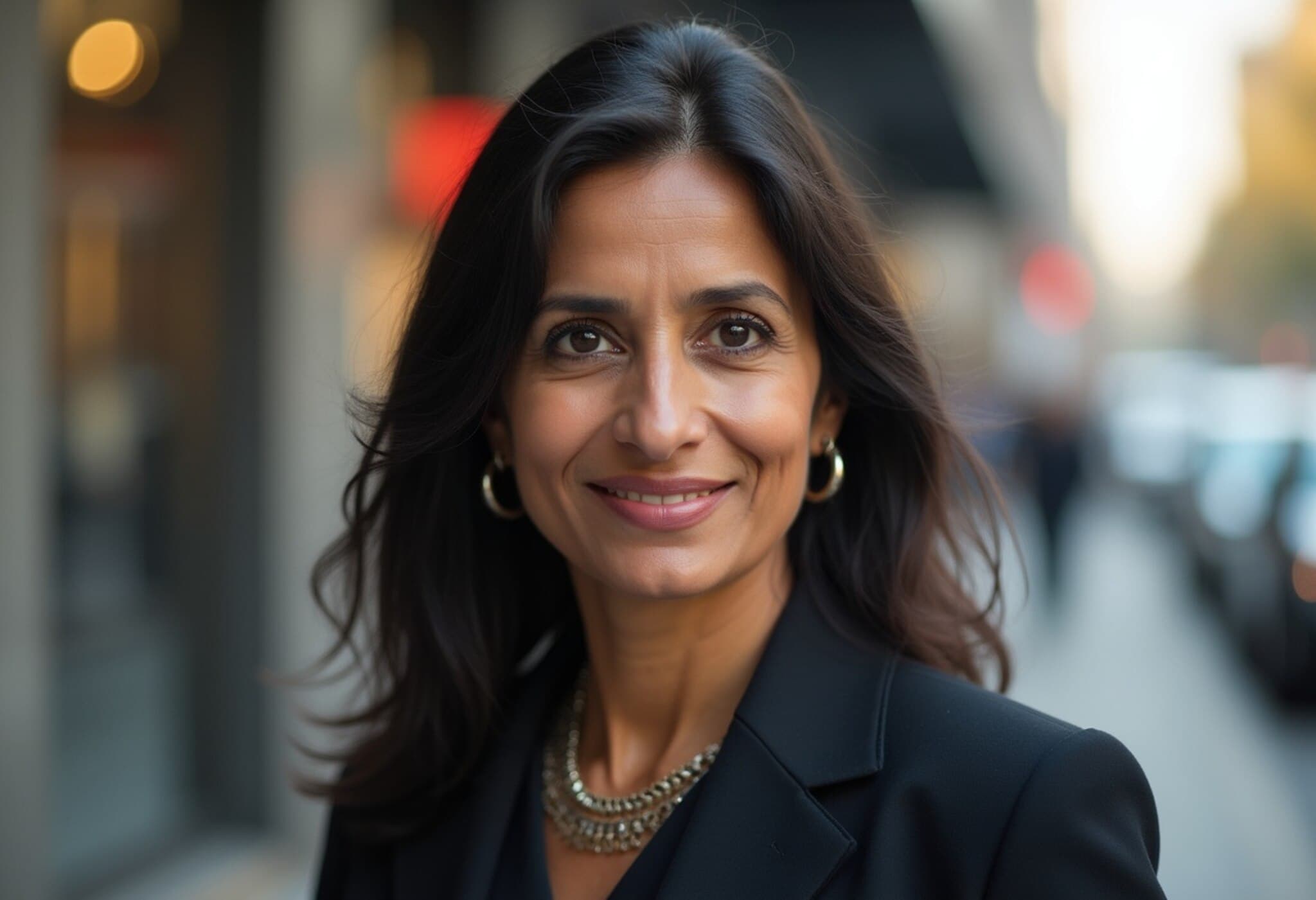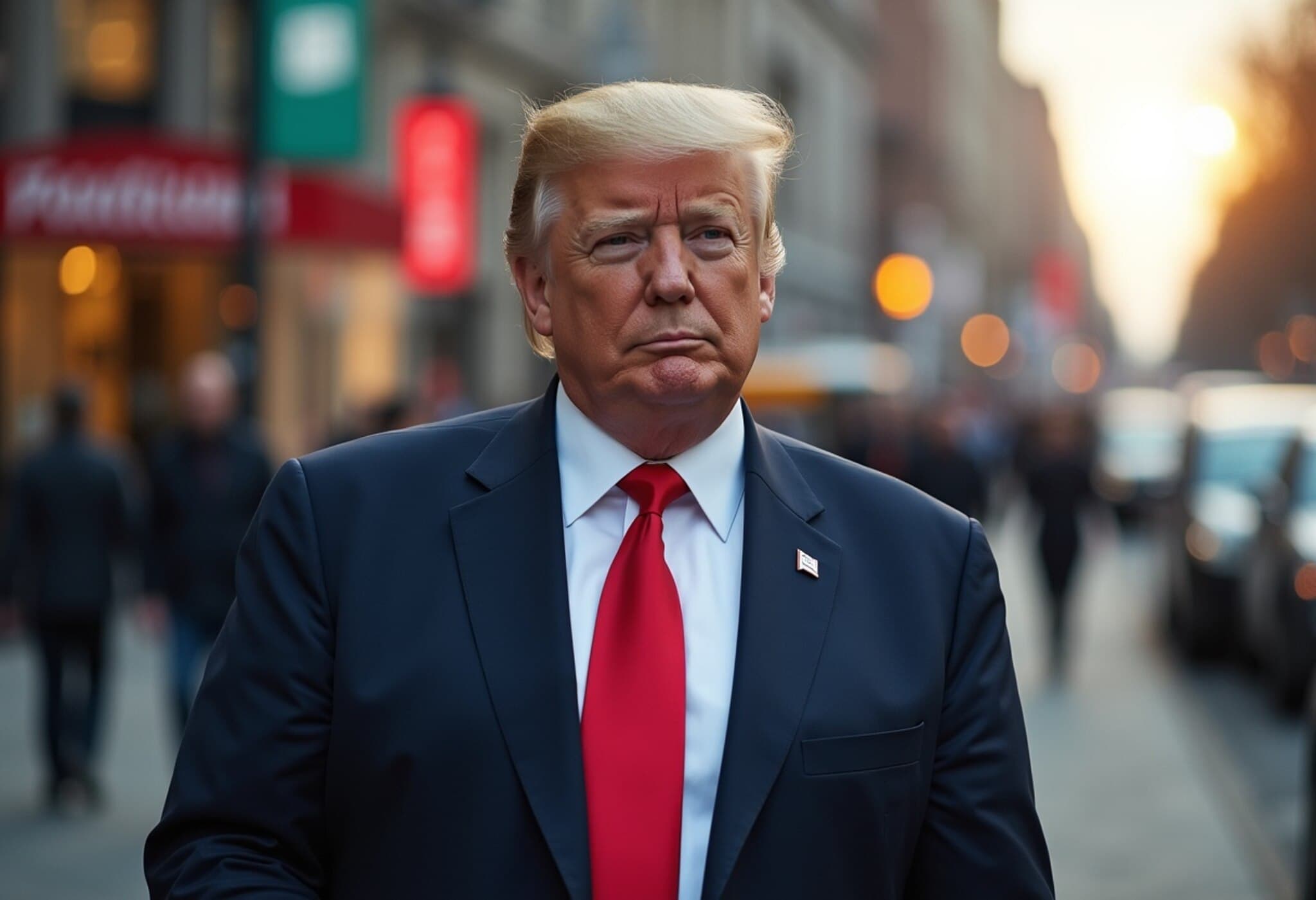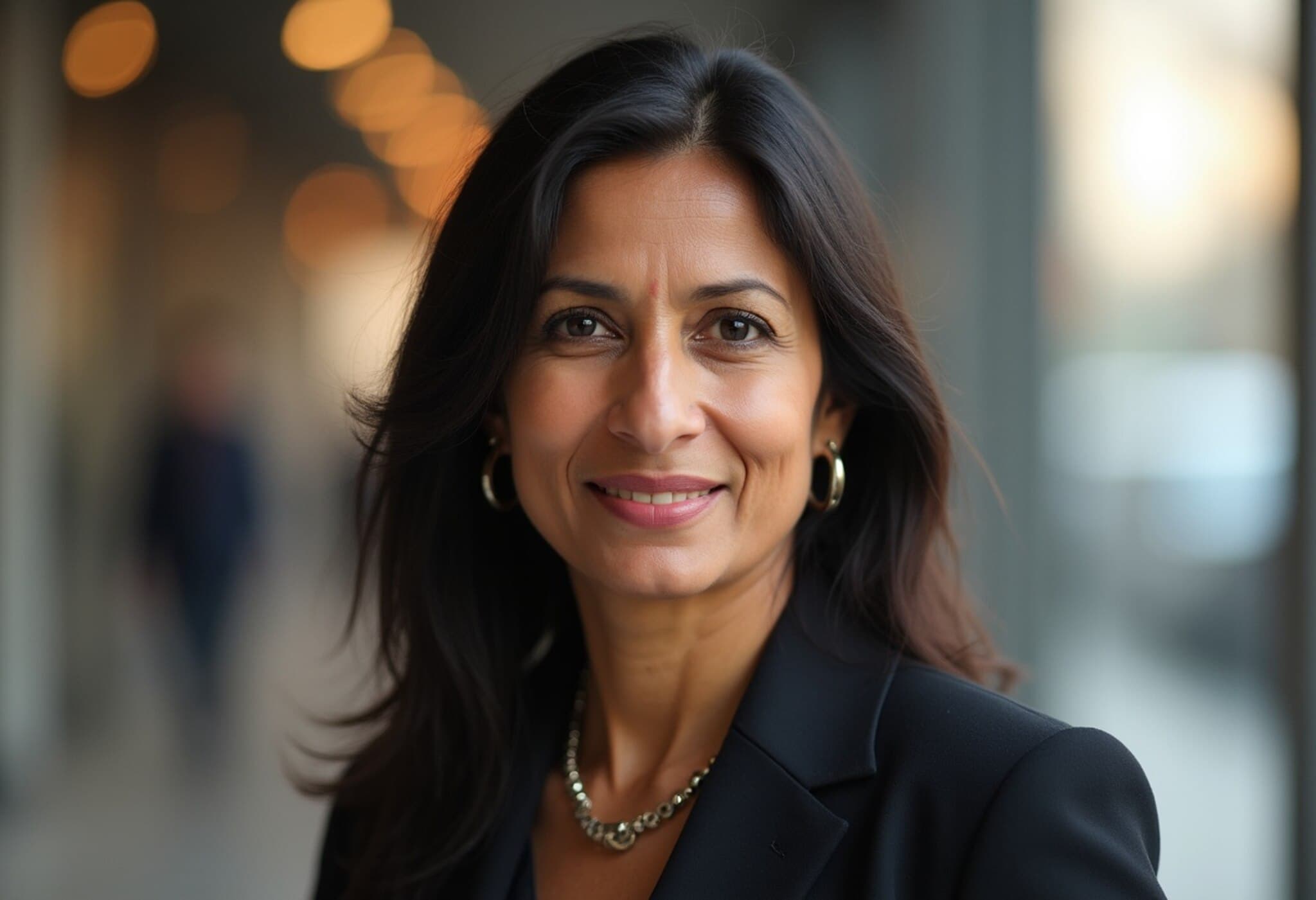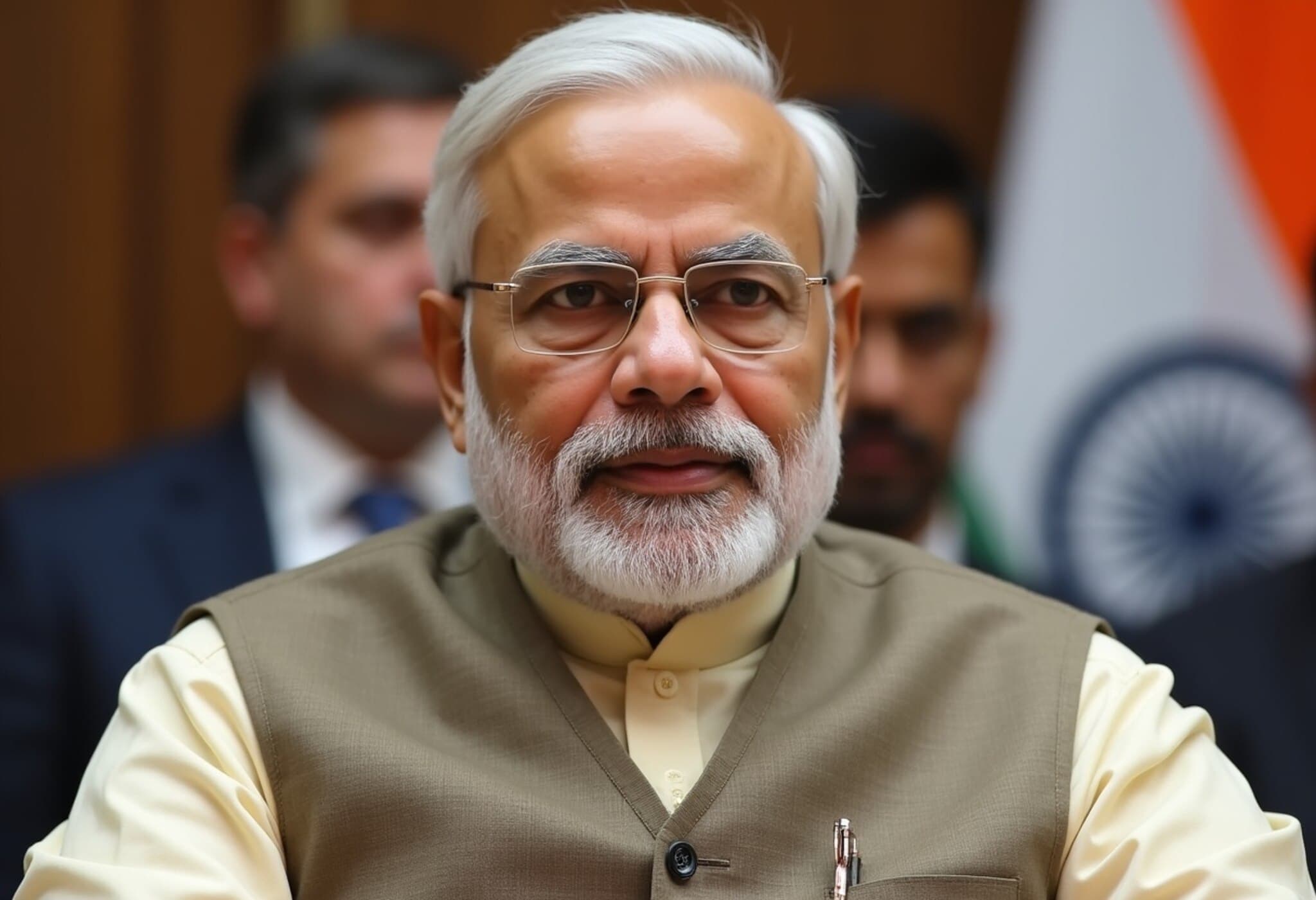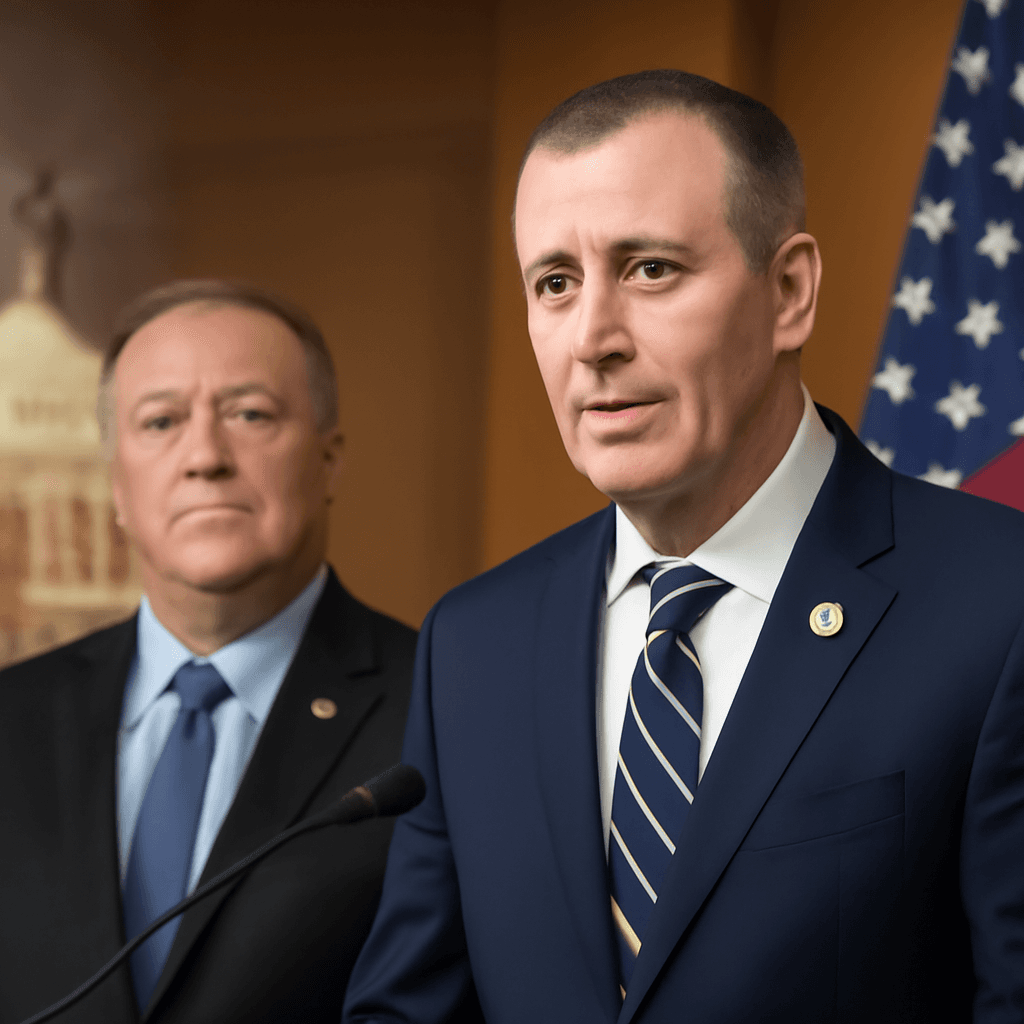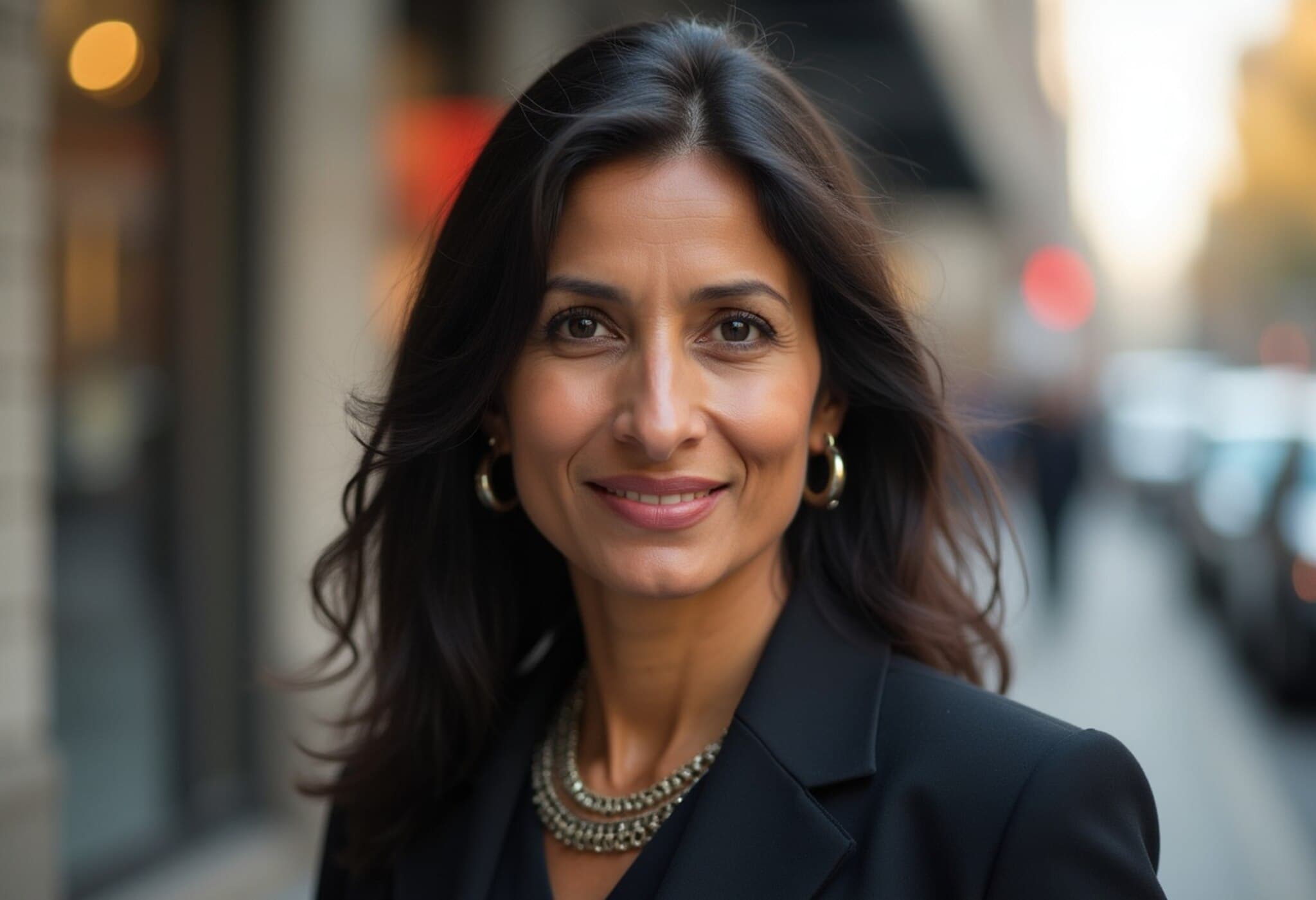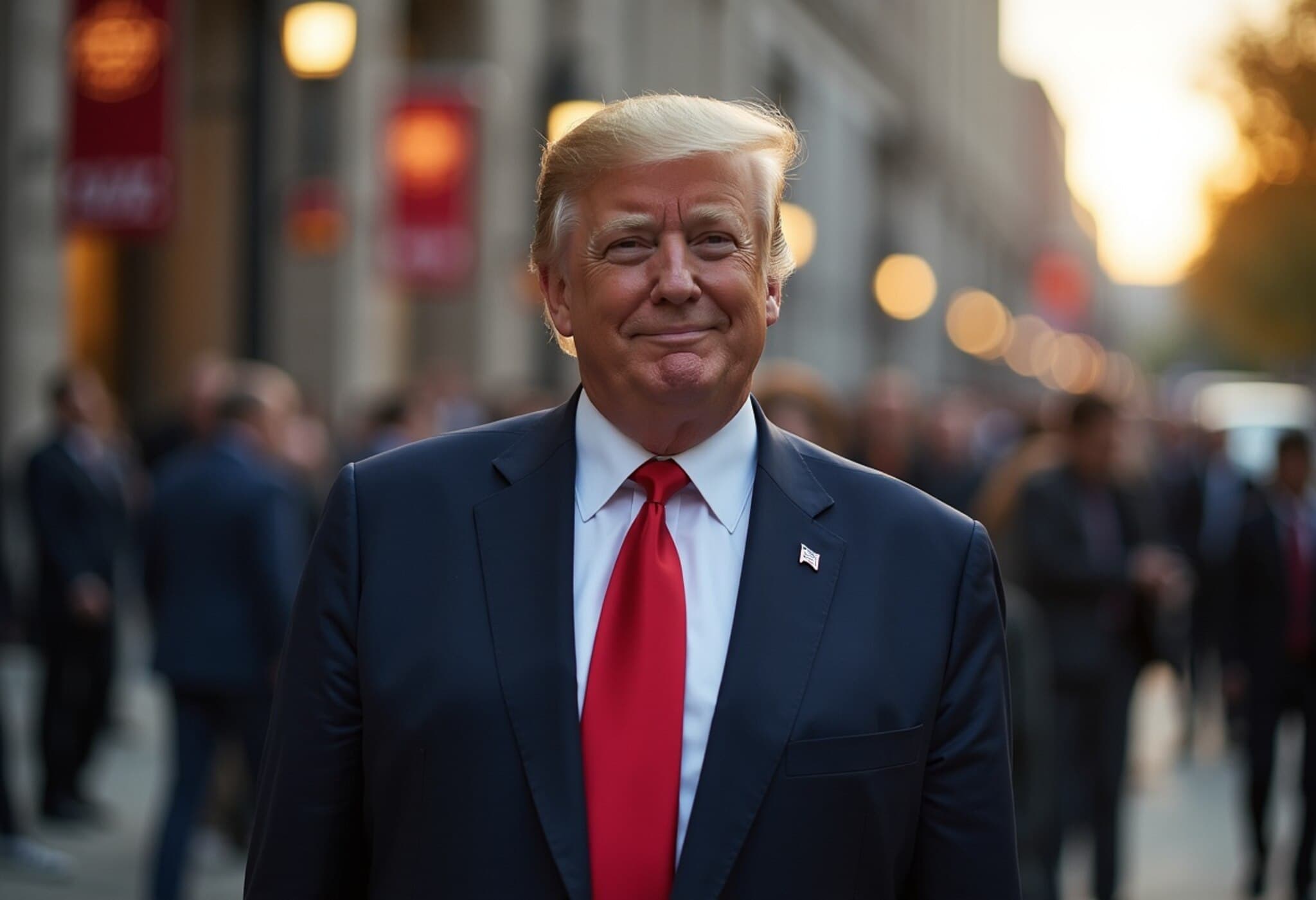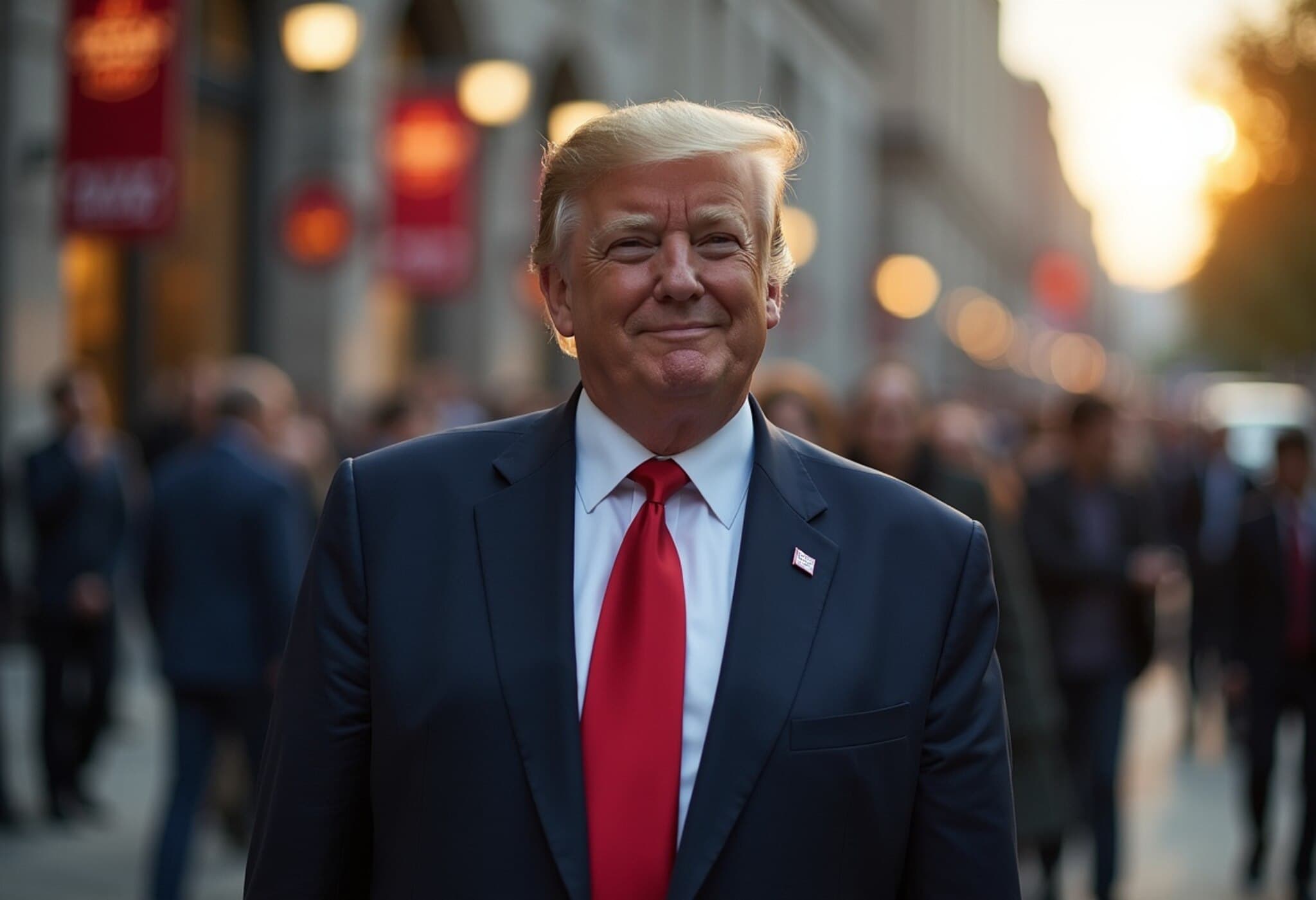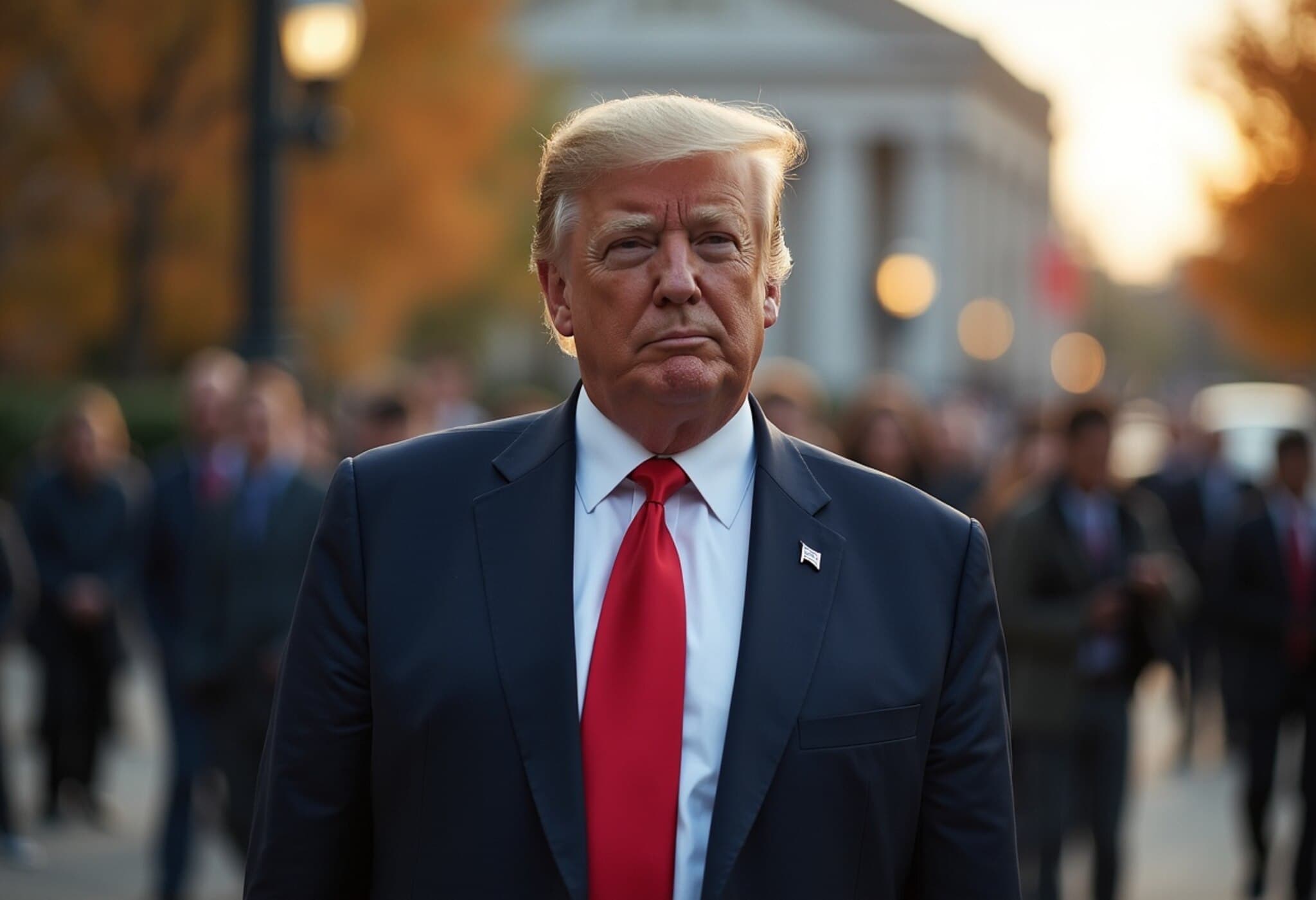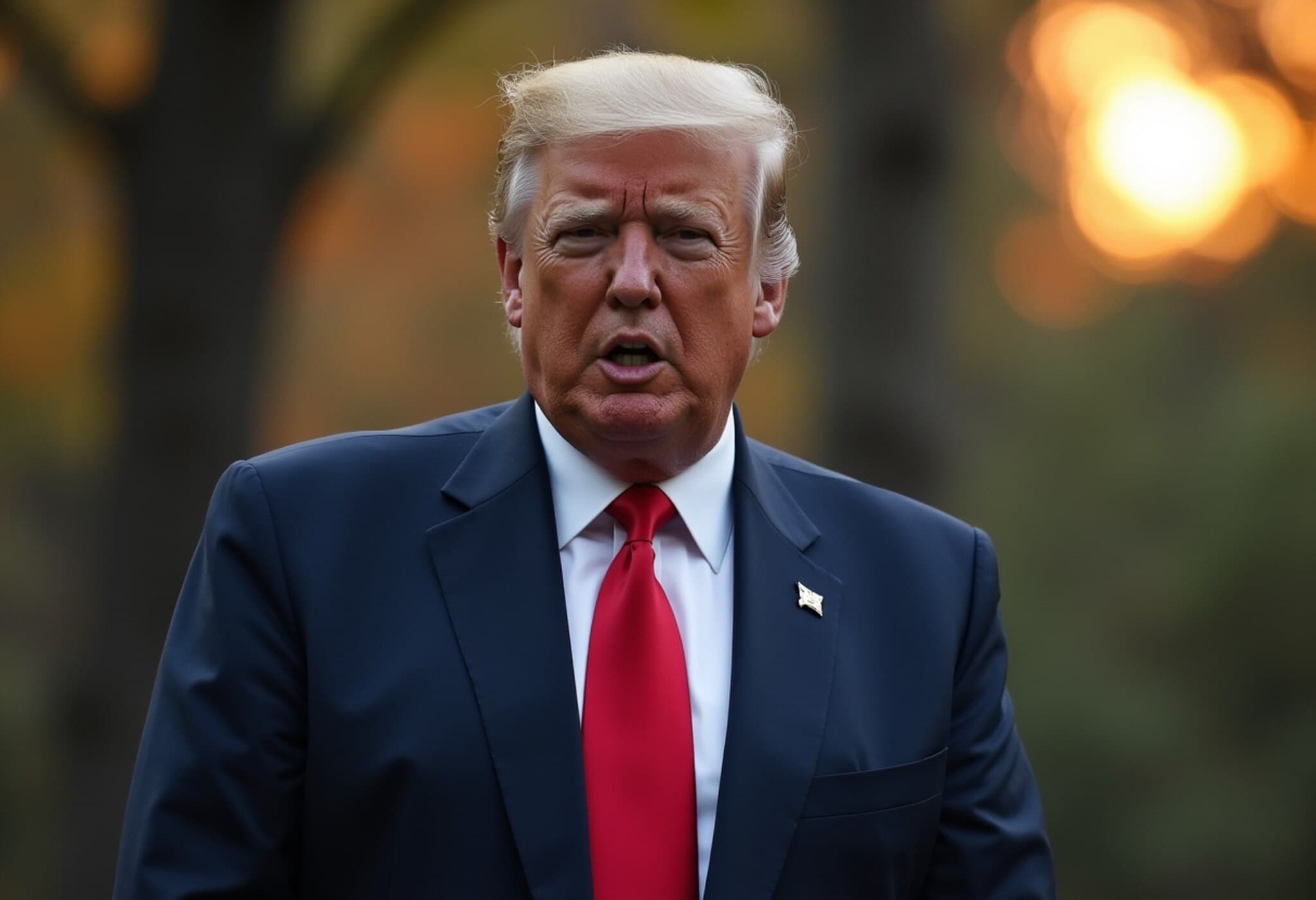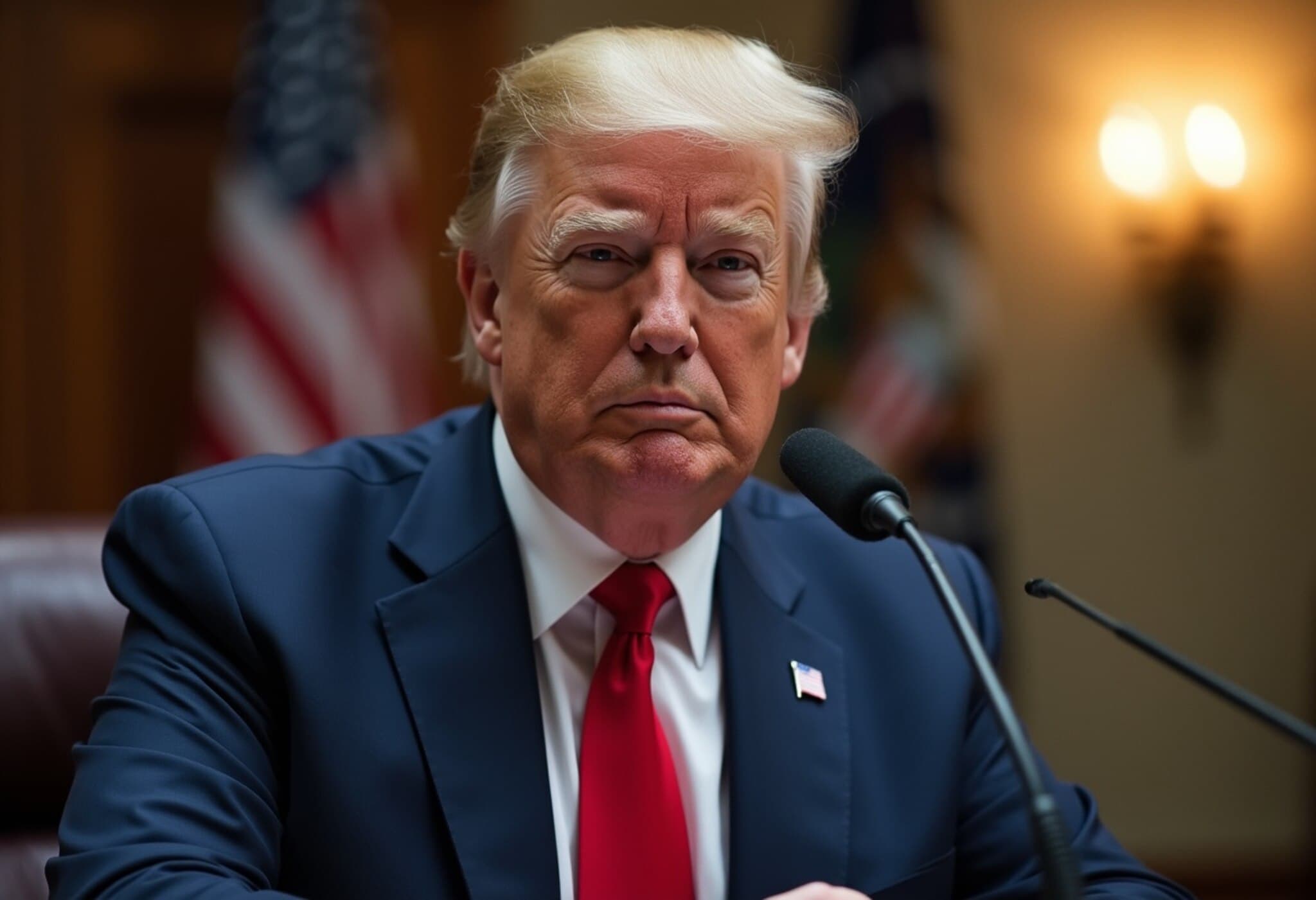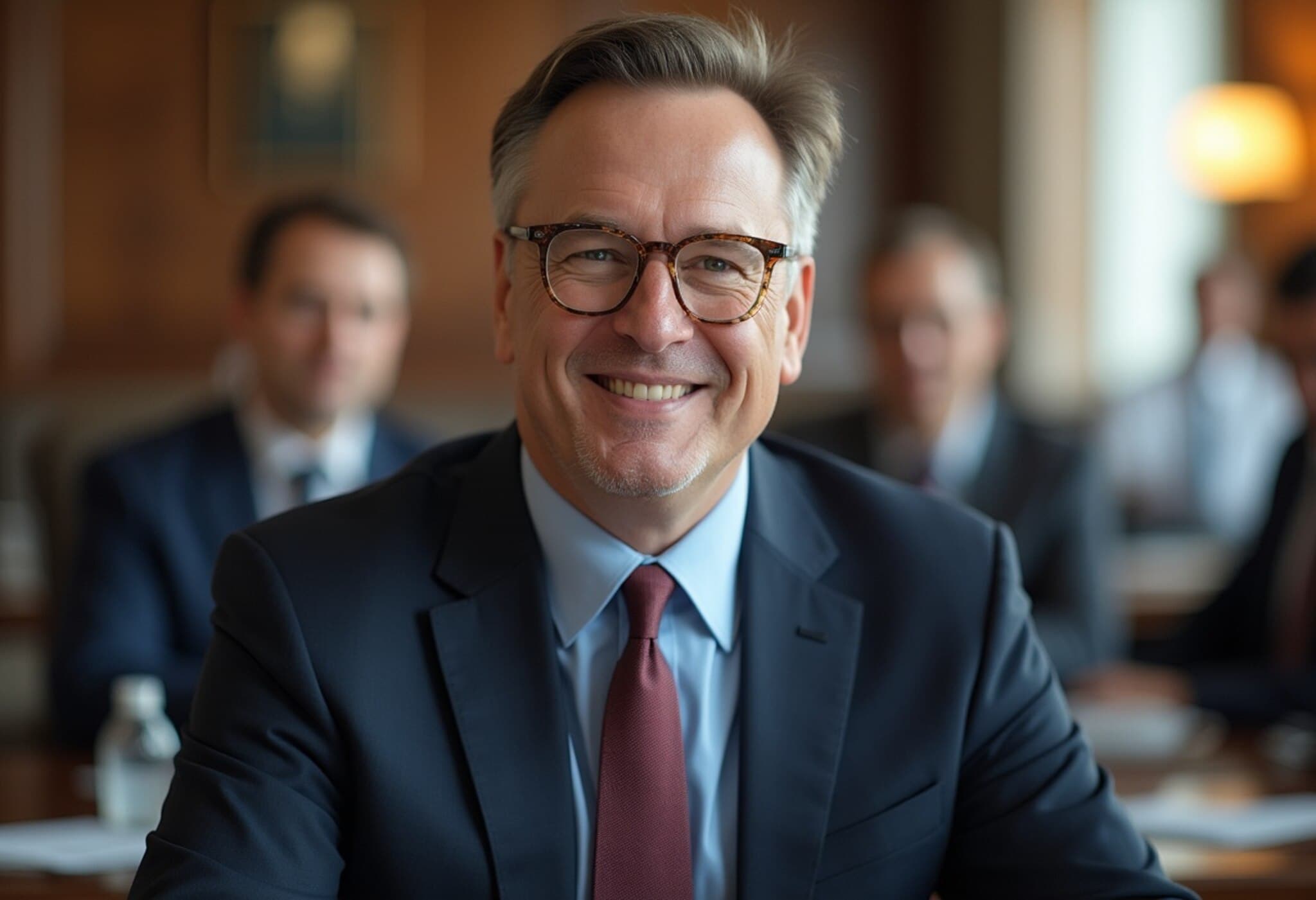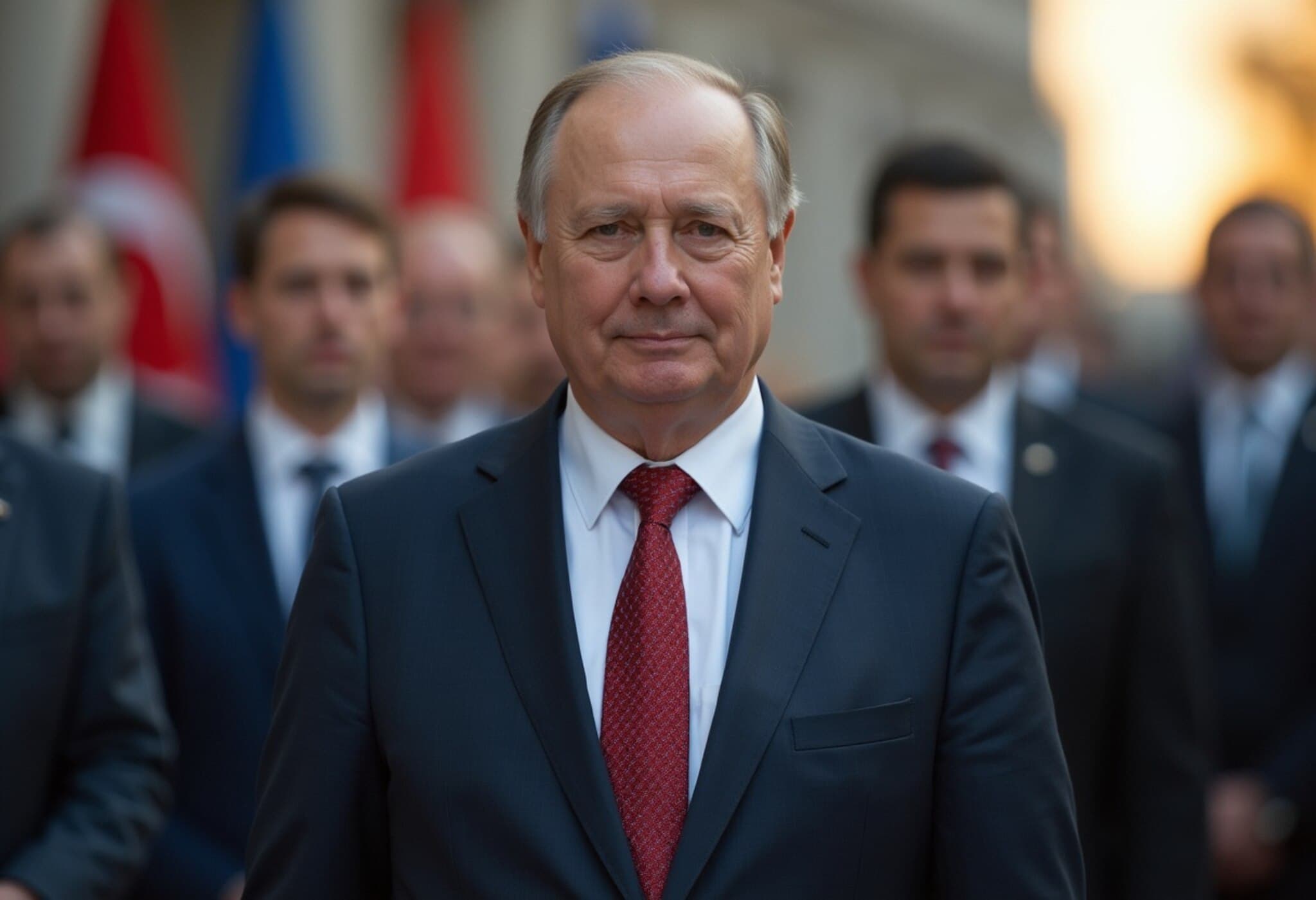Gita Gopinath Announces Departure from IMF After Seven Years
Gita Gopinath, the First Deputy Managing Director (FDMD) of the International Monetary Fund (IMF), is set to leave the organization by the end of August 2025 to return to her academic career at Harvard University. This transition marks the end of a remarkable near seven-year tenure at the IMF, which began in 2019 when she became the Fund’s first female Chief Economist.
A Trailblazing Career at the IMF
Gopinath made history in December 2018 by becoming the first woman appointed Chief Economist of the IMF, stepping into a critical role during a turbulent period for the global economy. Her rigorous economic analysis and leadership helped shape the Fund’s response to crises and evolving challenges, including debt management, fiscal policies, and trade dynamics.
She was promoted to First Deputy Managing Director in 2022, amplifying her influence on multilateral surveillance and policy coordination across member countries. Her tenure coincided with unprecedented economic shocks, including the COVID-19 pandemic and geopolitical tensions affecting global markets.
Harvard Beckons: A Return To Academia
On July 21, 2025, IMF Managing Director Kristalina Georgieva confirmed Gopinath’s departure and her next chapter as Harvard’s inaugural Gregory and Ania Coffey Professor of Economics. Gopinath herself reflected on her journey in a heartfelt message posted on her social media handle X (formerly Twitter):
“After nearly 7 amazing years at the IMF, I have decided to return to my academic roots. On September 1, 2025, I will rejoin @HarvardEcon as the inaugural Gregory and Ania Coffey Professor of Economics. I am truly grateful for my time at @IMFnews, first as Chief Economist and then as First Deputy Managing Director. I have had the privilege of working closely with the IMF’s brilliant and committed staff, colleagues in management, the Executive Board, and country authorities.”
Leadership and Impact
Georgieva praised Gopinath’s tenure, emphasizing her clarity and fortitude in guiding IMF policy amid a complex and rapidly evolving economic landscape:
- Steering rigorous analysis during times marked by uncertainty and volatility.
- Oversight of multilateral surveillance and Fiscal and Monetary Policy frameworks.
- Contributions to Fund country programs, notably for critically impacted economies such as Argentina and Ukraine.
- Representing the IMF globally at G-7, G-20, and other international fora with exceptional integrity.
Her ability to fuse academic excellence with pragmatic policy execution positioned her as a vital figure during one of the most challenging eras in recent economic history.
What Gopinath’s Return Means for Global Economics and Academia
Gopinath’s decision to return to Harvard signals a valuable bridge between policymaking and academia. Her front-line experience at the IMF enriches economic scholarship with direct insight into global economic governance and crisis management.
For the Harvard Economics Department, her appointment as the inaugural Gregory and Ania Coffey Professor brings not only a distinguished scholar but also a seasoned policymaker who can mentor the next generation of economists poised to tackle questions of global financial stability, sustainable development, and economic inequality.
Implications for the IMF
The IMF now faces the challenge of appointing a successor capable of navigating continued uncertainties—from inflationary pressures and debt distress in emerging markets to the ongoing geopolitical frictions reshaping international cooperation. Gopinath’s departure invites reflection on leadership continuity within international institutions at a time when global economic challenges demand steady stewardship.
Editor’s Note
Gita Gopinath’s journey exemplifies the vital interplay between rigorous academic research and high-stakes global economic leadership. As she steps back into academia, the economic community gains a voice deeply informed by frontline policymaking, while the IMF prepares to elect new leadership amid persistent global uncertainties. This transition encourages us to consider how institutions can retain expertise and vision in a rapidly shifting world and the role of academics in shaping resilient economic policies.

